Love, Deutschmarks and Death (2022)
A Music Film in German and Turkish
Жанр : документальный
Время выполнения : 1Ч 38М
Директор : Cem Kaya
Краткое содержание
Cem Kaya’s dense documentary essay celebrates 60 years of Turkish music in Germany. An alternative post-war history that is at the same time a musical Who’s Who – from Yüksel Özkasap to Derdiyoklar and Muhabbet.
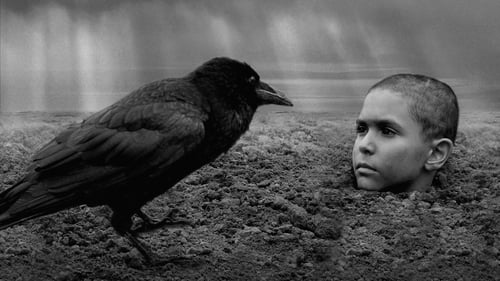
В центре сюжета молодой еврейский мальчик, который ищет убежища в лесу в Польше во время Второй мировой войны, встречая на своем пути множество разных людей.
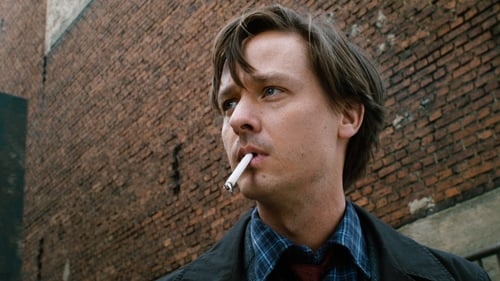
Берлин 1931 года: бордели служат художественными ателье, нацисты бесчинствуют на улицах, жизнь кипит. Днём германист Якоб Фабиан сочиняет рекламные тексты, а ночью вместе со своим другом Штефаном Лабуде курсирует по самым причудливым заведениям города. Штефан — спец в вопросах коммунизма и секса, Фабиан же этих тем избегает, ожидая торжества морали, хоть и сам в это толком не верит. Усомниться в своём ироническом фатализме его заставляет лишь Корнелия, которая становится последним лучиком надежды в его рушащейся жизни.

Driven by extensive archive material and interviews with those who know her, this is the astonishing story of how a triple outsider – a woman, a scientist, and an East German – became the de facto leader of the “Free World”, told for the first time for an international audience.

In 1477 Charles the Bold dies, his only child is a girl which cannot rule without a husband. Meanwhile in Austria, Emperor Frederick III and his antagonist Louis XI France battle over said marriage prospects, battles ensue, tragedy falls.
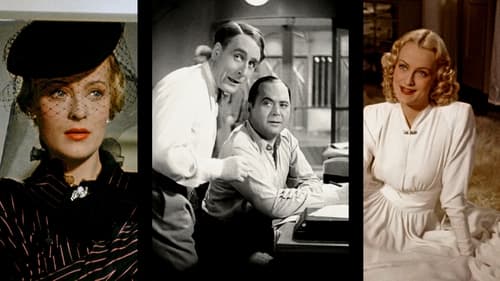
Film journalist and critic Rüdiger Suchsland examines German cinema from 1933, when the Nazis came into power, until 1945, when the Third Reich collapsed. (A sequel to From Caligari to Hitler, 2015.)

The rut of Dalmatian hinterland changes with the arrival of returning guest workers, and things they bring along: cars, radios and new way of life.
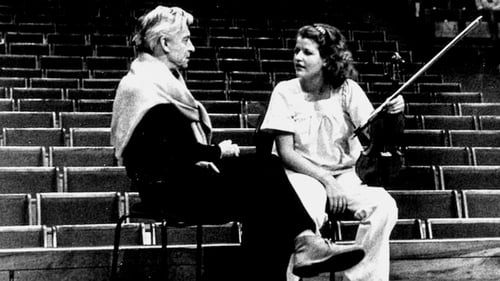
An account of the life and work of controversial German orchestra conductor Herbert von Karajan (1908-89), celebrated as one of the greatest musicians of the twentieth century.

In 1981, a film about the misadventures of a German U-boat crew in 1941 becomes a worldwide hit almost four decades after the end of the World War II. Millions of viewers worldwide make Das Boot the most internationally successful German film of all time. But due to disputes over the script, accidents on the set, and voices accusing the makers of glorifying the war, the project was many times on the verge of being cancelled.

On February 26, 1920, Robert Wiene's world-famous film The Cabinet of Dr. Caligari premiered at the Marmorhaus in Berlin. To this day, it is considered a manifesto of German expressionism; a legend of cinema and a key work to understand the nature of the Weimar Republic and the constant political turmoil in which a divided society lived after the end of the First World War.

On June 17, 1953, there was an outrageous action between the Elbe and the Oder: the people in the GDR refused obedience to their political leadership. The story takes place in Bitterfeld and tells the story of a family involved in the political events around 17 June.

After numerous military operations, Major Müller can't find a way back into civilian life. Following his urge to communicate, the Major is looking for listeners and encouragement. He doesn't find either. Instead, the repeated monological memory of his own heroic deeds determines his present – with all the consequences. This 30-minute short film is based on the statements made by the mercenary Siegfried Müller in the documentary “The Laughing Man” (Walter Heynowski and Gerhard Scheumann, DEFA studio for newsreels and documentaries, 1966), as well as records from the German colonial period in Africa. An intensive contribution to the necessary public debate about the consequences of military operations.
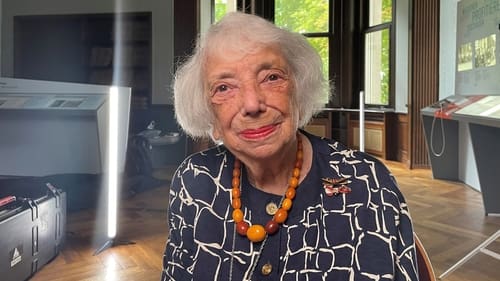
It was arguably the deadliest conference in human history. The topic: plans to murder 11 million Jews in Europe. The participants were not psychopaths, but educated men from the SS, police, administration and ministries. The invitation to the meeting at Wannsee came from Reinhard Heydrich, head of the Reich Security Main Office. The Wehrmacht's campaigns of conquest in Eastern Europe marked the beginning of the systematic murder of Jews in Poland and the Soviet Union. In mid-September 1941, Hitler made the decision to deport all Jews from Germany to the East. Although there had been transports before, Hitler's order represented a further escalation in the murderous decision-making process. Persecution and discrimination had been part of everyday life since 1933. But as a result, the living conditions for the Jews in the Third Reich became even more difficult, among them the Berlin Jew Margot Friedländer, born in 1921, and the Chotzen family.

The story of two workers who returned from abroad. One of them wants to find a good job, Adam, and the other one wants to earn money by smuggling, Beli. Between them two there's young woman, Mila, who has had experience with the second one. Running away from the man who is the incarnation of evil for her, she is trying to find happiness and peace with another one in vain.

Follows the life of a Turkish woman living and working in Germany.

Cem Kaya’s dense documentary essay celebrates 60 years of Turkish music in Germany. An alternative post-war history that is at the same time a musical Who’s Who – from Yüksel Özkasap to Derdiyoklar and Muhabbet.

This drama explores the grim lives of Turkish “guest workers” living in Germany.

Tenants of one old building in the centre of Münich are featured in this film: most of them are foreigners who work in Germany as "guest workers" (Yugoslavs, Italians, Turks, Greeks etc.). In their mother tongue, each of them tells who he or she is, and briefly talks about their major worries, new hopes and plans for the future.

A Croatian guest worker who worked in Germany for many years, builds a house and a workshop for his 20 year old son back in their country of origin. However the son plans to marry his German girlfriend, and doesn't even think of returning to their land.

At Hotel Astoria, the former hotspot of Leipzig, guests were served champagne and turtle soup while the Stasi listened in. Animated memories from times gone by.















